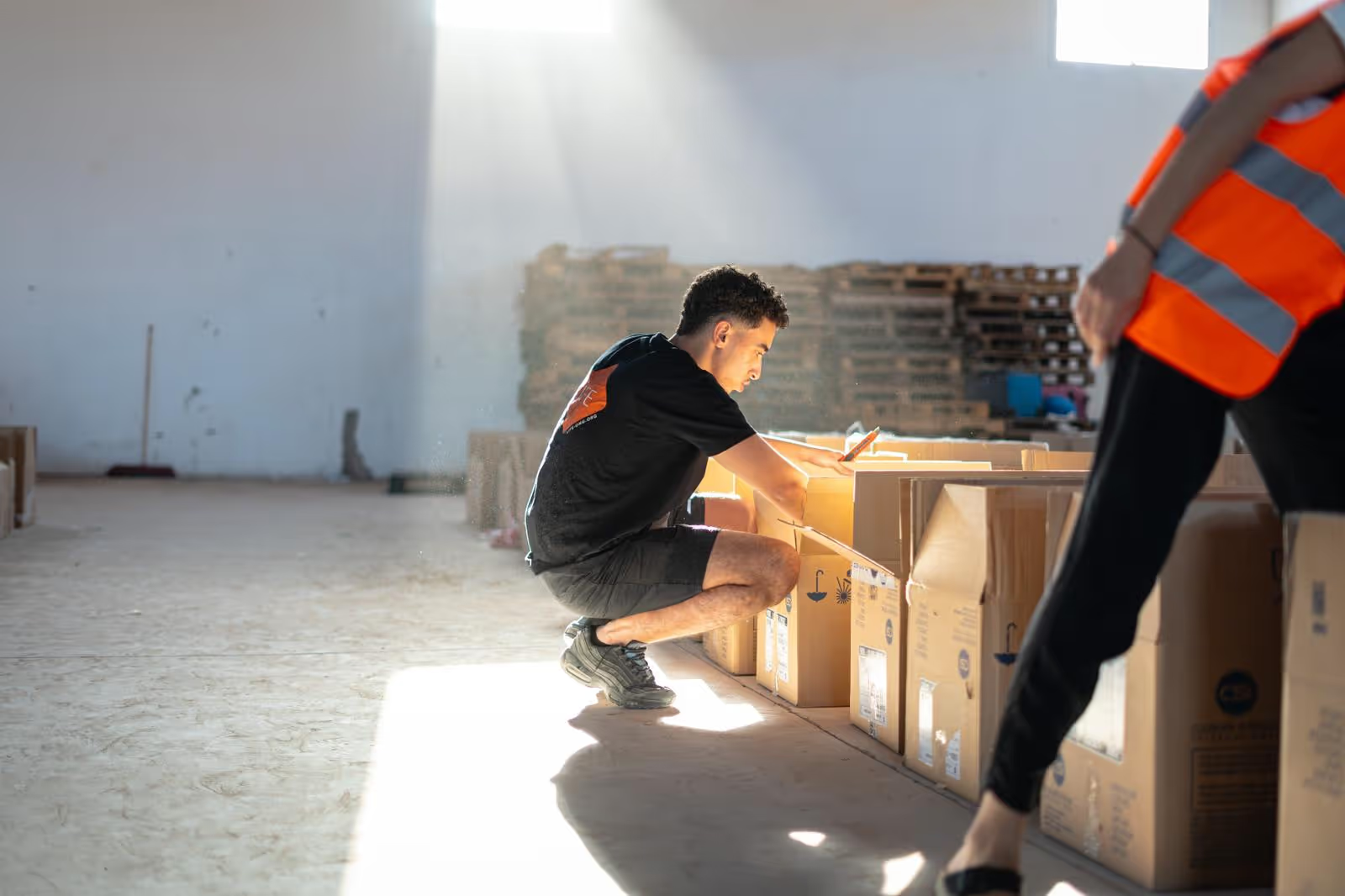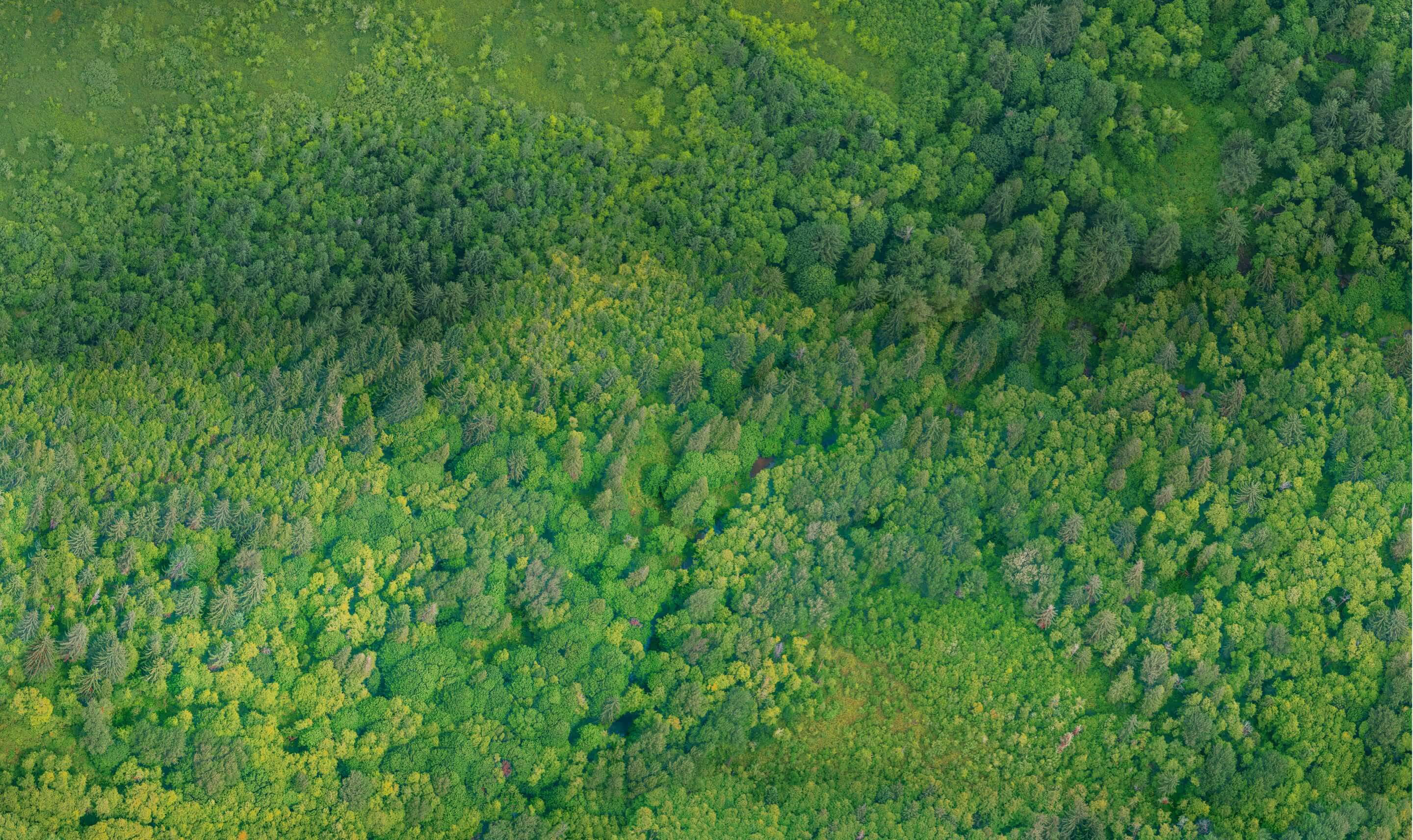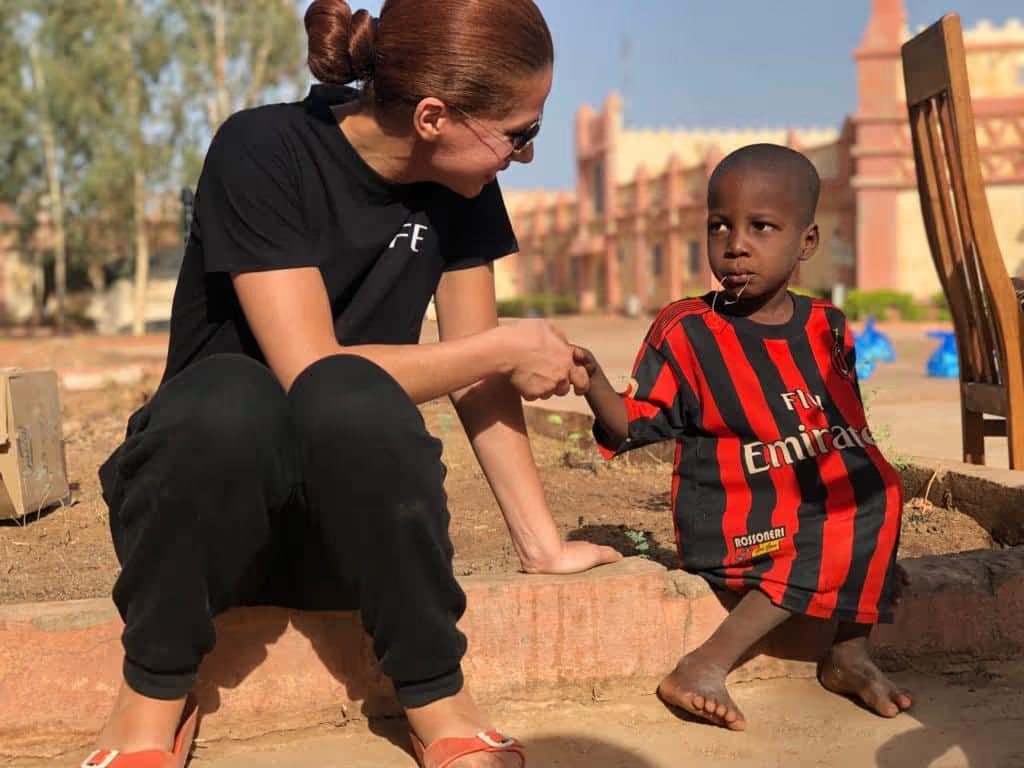Trees for more resilience in Madagascar
.avif)
In Madagascar, the population is largely dependent on agriculture. This sector employs around 80% of the working population. and represents 29.1% of the country's GDP. However, the island is facing increasingly unpredictable weather conditions and rapid deforestation that compromise the food and economic security of communities. In this urgent context, the Malagasy government is mobilizing to restore degraded ecosystems. NGOs are also actively involved in setting up reforestation projects. Our NGO LIFE is one of them. Together, we offer a glimmer of hope and a path to a more sustainable and resilient future for Madagascar.
The agricultural dependence of the Malagasy population
The Malagasy population is highly dependent on agriculture for their livelihood and economy.
More than 70% of people living in rural areas derive their income mainly from agriculture. Problem: 75% of food production in rural households is self-consumed. However, agricultural productivity is often limited by traditional practices, inadequate water resources, and unpredictable weather conditions exacerbated by climate change.
Indeed, these are becoming more frequent, with prolonged droughts followed by periods of intense rains. In 2021, Madagascar thus endured its worst drought in four decades, causing sandstorms that covered agricultural land. This forced many people to move to cities, while others invaded forest areas. At the beginning of 2022, the island suffered a record of six storms and cyclones in just three months. These climate events have ravaged agriculture, destroying crops, damaging infrastructure and reducing available water resources.
.avif)
Continued deforestation worsens these problems, causing soil erosion and loss of fertility, limiting long-term cultivation opportunities.
Did you know that? According to A WWF study, between 2004 and 2017, Madagascar saw the disappearance of 700,000 hectares of forests, distributed mainly in the eastern and western regions of the country. The country lost 44% of its natural forests from 1953 to 2014!
The major causes of deforestation are the conversion of forest areas for agriculture, the practice of slash-and-burn cultivation, and their exploitation for the production of charcoal and firewood. We must also talk about fires and bushfires, which are a real threat to Malagasy forests.
Reforestation as an integrated solution
To counter these challenges, the Malagasy government launched an ambitious reforestation project in 2020 with the planting of 60 million trees of native species on a total area of 40,000 hectares.
Its aim is to regulate hydrological cycles, prevent soil erosion, and create economic opportunities through ecotourism and sustainable forest management. These efforts are therefore not only aimed at restoring the island's unique biodiversity, but also at strengthening the climate resilience of local communities. It allows them to diversify their livelihoods and adapt to environmental changes.
This project is supported by national funds as well as partnerships with international organizations and local NGOs, such as WWF. These agreements are essential to mobilize the financial, technical and human resources necessary for the success of the operation.
Did you know that? Madagascar's forests are home to exceptional biodiversity, with about 5% of the world's species, including 95% of reptiles, 89% of flora and 92% of mammals unique to the island.
.avif)
The project of our NGO in Madagascar
Our NGO, Life is also present in Madagascar. There, she proposes 360-degree projects. This means that they are complementary and cover various needs in a village, rather than just one. We are committed to providing comprehensive and sustainable solutions that affect all aspects of community life, from education to health, agriculture and infrastructure. Our actions can thus have a profound and lasting impact on the well-being of residents and the protection of their environment.
Thus, in the regions of Analamanga, Itasy and Vakinakaratra, our operation aims to preserve the environment while improving the living standards of the population of several villages. How? Through the planting of “economic” trees. Why “economic”? We'll tell you more.
Trees for the environment and community empowerment
We support 200 families in an initiative to plant fruit trees, cash trees, gas trees, and forest trees. Many species are used: Kininne, Banana, Pink Bay, Ravintsara, Ravintsara, Ravintsara, Letchie, Orange, Lemon, Mango, Coffee, Avocado, Persimmon, Papaya, Tephrosia, etc. Families become owners and managers of these trees, planted on their unexploited land. 41 hectares have been planted in all, which is equivalent to 38 large football fields!
These plantations are not just planting trees. They offer several benefits. Not only do they restore the ecosystem by increasing biodiversity and improving soil quality, but they also provide valuable resources to the population such as fruits, nuts, and sustainable materials. They provide them with a regular income and thus guarantee their interest and commitment to maintaining them. In addition, they help prevent bushfires, which are often devastating.
.avif)
Raising awareness, training the population
In collaboration with our local partners, for the operation to be sustainable, we are raising awareness among communities about the importance of preserving their environment. We organize information meetings and training sessions on planting and nursery management techniques. They give them the opportunity to better understand the economic and ecological benefits of fruit trees, and thus strengthen their commitment to the project. Families will acquire real know-how that will allow them to replace puny trees, to extend their plantations, and to perpetuate this activity by transmitting them to their descendants.
.avif)
Local teams and our partners are working closely with communities to ensure the success of this operation. Regular follow-ups are carried out to assess the condition of the plantations and provide the necessary advice. Families are actively involved in every step of the process, from planting to tree management, ensuring the sustainability of the project.
Diversifying the economic activities of families
By waiting for the trees to start producing fruit, we encourage the diversification of family economic activities, in particular through the development of poultry farming. It offers them an alternative source of income, allowing them to meet their immediate needs while waiting for the long-term benefits of fruit production. Raising poultry not only provides additional income, but also improves their food security by providing essential proteins.
In addition, this project has created new income-generating activities for the surrounding populations. Indeed, some of them have started selling organic fertilizer and transporting it by cart on behalf of the families benefiting from the operation.
The positive impact of the project of our NGO LIFE
Our project is not limited only to the economic improvement of the beneficiaries. It also contributes to a wider movement to raise awareness about environmental conservation in the regions of Analamanga, Itasy, and Vakinakaratra. The initial success of this initiative has in fact aroused growing interest among neighbouring villages, with many families expressing their desire to join. This potential expansion is a testament to the positive impact and appeal of this innovative project, paving the way for wider adoption and even greater benefits for rural communities in Madagascar.
.avif)
The local partner of our NGO LIFE in Madagascar
The Ankizy association is a Malagasy association of national and international solidarity, dedicated to the design and implementation of sustainable human development projects. It is distinguished by its action in both urban and rural areas, with a particular focus on the education of young people, in order to build a better future. In addition to supporting us on our reforestation projects, it is our main partner on other initiatives in the country, such as our 1 euro=1 meal food aid operation.

Despite the complex challenges, it is possible to mitigate the effects of global warming in Madagascar, support farmers, and combat food and nutrition insecurity. Through continued mobilization at the local and global levels, we can all together promote a more sustainable and equitable future for all.
Together, let's join forces to build a greener, more sustainable future!



.avif)



.avif)
.avif)
.avif)